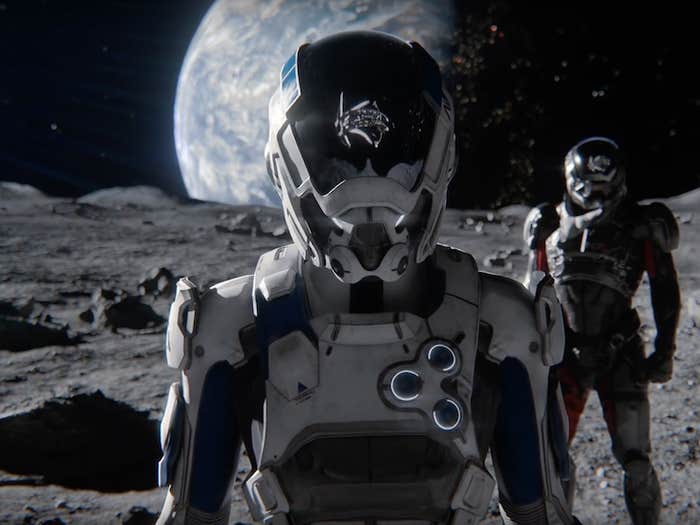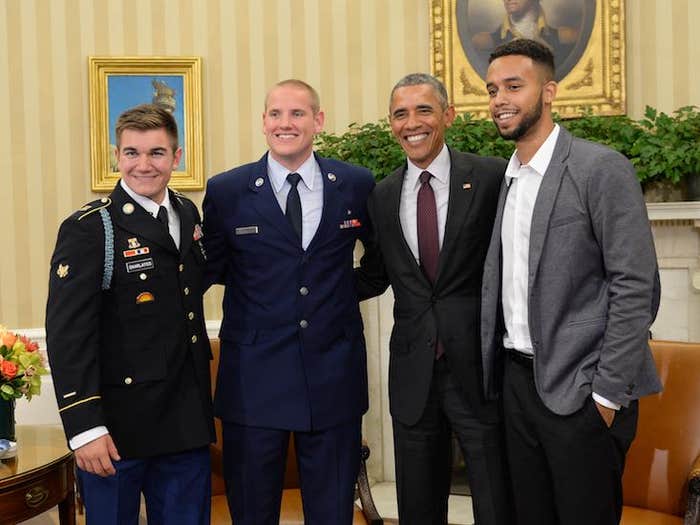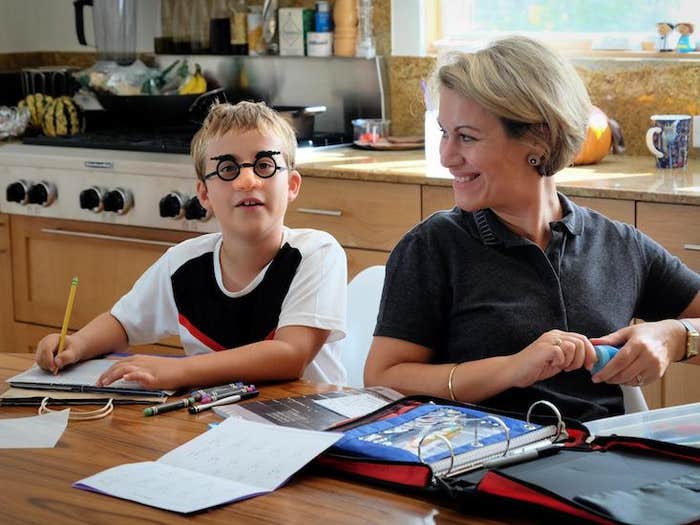Issue_43
43 articles-
How Video Games Satisfy Basic Human Needs
Grand Theft Auto, that most lavish and notorious of all modern videogames, offers countless ways for players to behave. Much of this conduct, if acted out in our reality, would be considered somewhere between impolite and morally reprehensible. Want to pull a driver from her car, take the wheel, and motor along a sidewalk? Go […] -
Hard-Wired for Heroism
On August 21, 2015, Anthony Sadler, 23, a California college student, was riding a train from Amsterdam to Paris with his friends, Aleksander Skarlatos and Spencer Stone. Skarlatos was an Oregon National Guardsman on who had just wrapped up a tour in Afghanistan, and Stone, an American Airman 1st Class in the U.S. Air Force. […] -
Why Rotation Makes No Sense Sometimes
What is orbital rotation? The basic picture is clear enough: One body is at rest, while the other follows some circular or elliptical path around it. The trouble is just to figure out which body is which. If you’re standing on the surface of the earth, it appears that the sun slowly orbits around you […] -
Why We Love to Blame 2016
You may have noticed it by now: the—I guess I’ll call it an impulse—to anthropomorphize “2016.” It began gradually. First, we objectified it, likening it to a disturbing film, a force of nature, broken hardware. As Slate put it: Nautilus Members enjoy an ad-free experience. Log in or Join now . In trying to wrap […] -
Attitude, Not Quantity, Makes Homework Effective
A smile pulled the corner of Yú’s* mouth. “There is a saying in China,” she says. “‘No students compete. Parents compete.’” The polished Beijing native, who is both a mother and a grandmother, leaned forward with flawless posture as she reminisced about overseeing her son’s education. He was a brilliant student who graduated high school […]
-
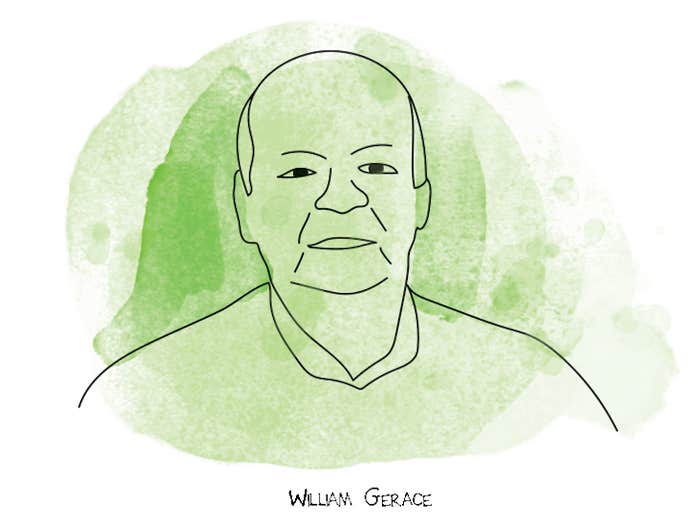
My Personal Hero: Alan Lightman on William Gerace
Several years ago, I attended a Buddhist retreat in which I was introduced to the idea of the “retinue,” a constellation of influential and supportive people whom one imagines in an enveloping cloud as one meditates. Mentors. I took the concept one step further and decided to create an actual photo montage that I could […]
-
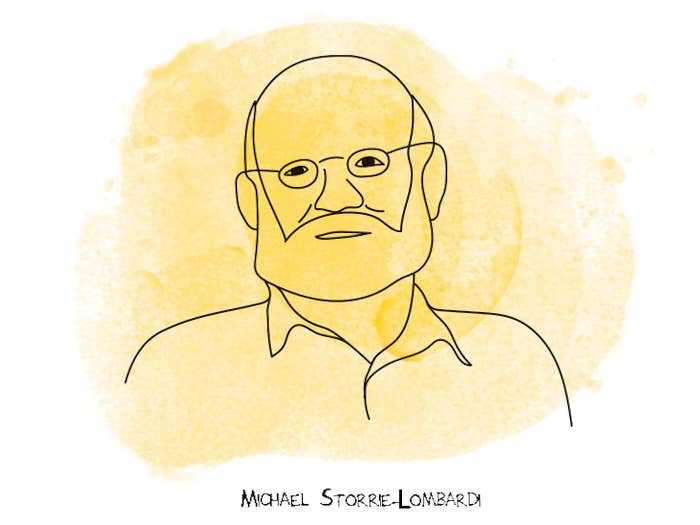
My Personal Hero: Caleb Scharf on Michael Storrie-Lombardi
Being a scientist can be like willingly entering into a Roman gladiatorial contest. The hours are long, there’s a rank smell of indentured servitude, and at any minute your colleagues may attempt to eviscerate you for the pleasure of the crowds. Nautilus Members enjoy an ad-free experience. Log in or Join now . A lot […]
-
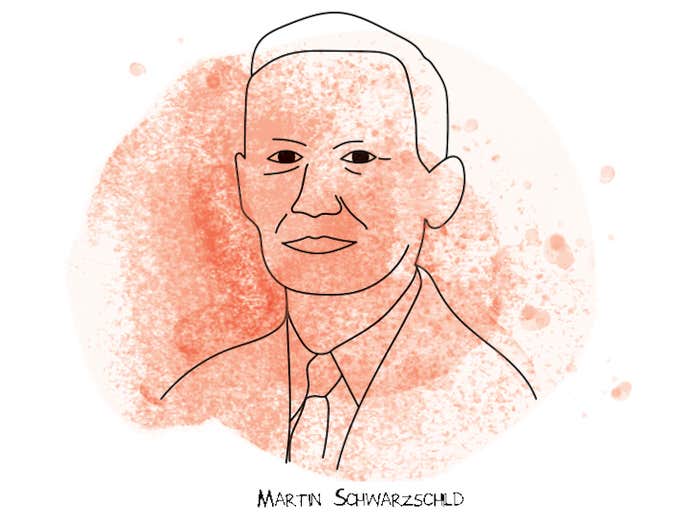
My Personal Hero: Priyamvada Natarajan on Martin Schwarzchild (and Mr. Carter)
I was an inquisitive child and my parents encouraged me and actively cultivated my curiosity. My first truly independent adventure, when I was 10, was to secretly take a public bus on my own to the Delhi Public Library. Given how quickly I was wolfing books down, I didn’t want to pester my parents to […]
-
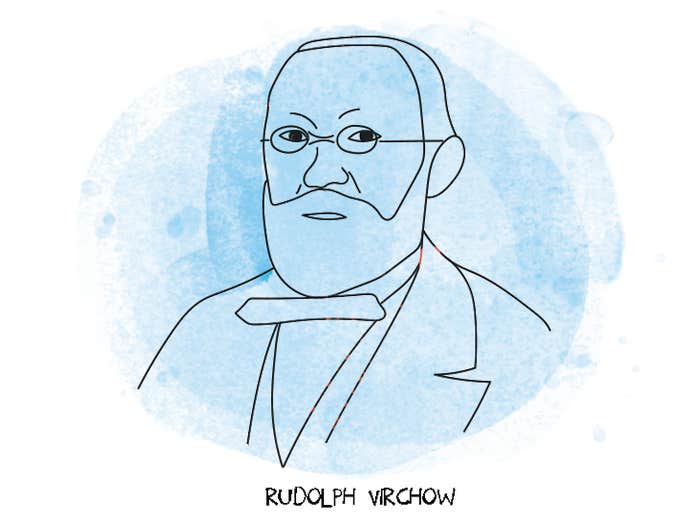
My Personal Hero: Robert Sapolsky on Rudolf Virchow
Meet the social-justice minded German pathologist who helped the renowned Stanford neurobiologist find his calling.
-
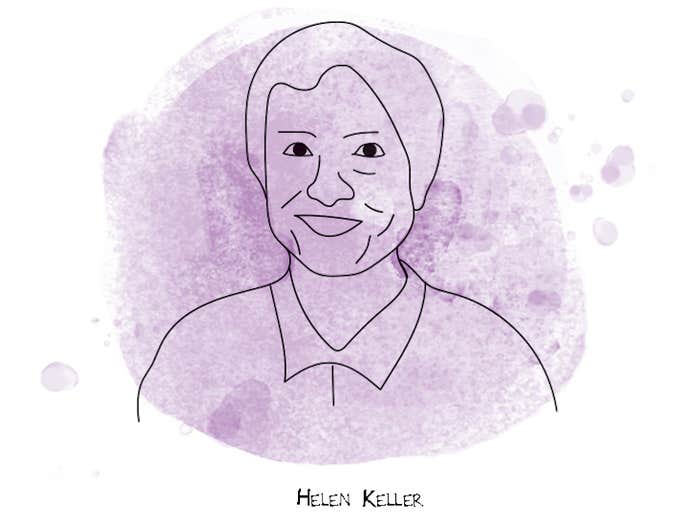
My Personal Hero: Hope Jahren on Helen Keller
Have you ever been at sea in a dense fog, when it seemed as if a tangible white darkness shut you in, and the great ship, tense and anxious, groped her way toward the shore with plummet and sounding-line, and you waited with beating heart for something to happen? Nautilus Members enjoy an ad-free experience. […]
-
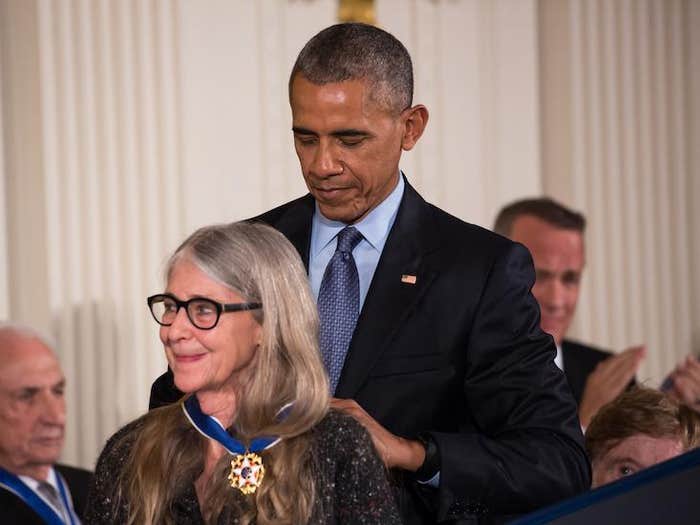
Why Did Obama Just Honor Bug-free Software?
The Presidential Medal of Freedom, America’s highest civilian honor, is usually associated with famous awardees—people like Bruce Springsteen, Stephen Hawking, and Sandra Day O’Connor. So as a computer scientist, I was thrilled to see one of this year’s awards go to a lesser-known pioneer: one Margaret Hamilton. Nautilus Members enjoy an ad-free experience. Log in […]
-
Spark of Science: Melissa Franklin
Harvard’s first tenured woman physicist tells us about her heroes and her work. -
Spark of Science: Rob Pringle
The Princeton ecologist tells us about the scientists who inspired his work. -
How a Defense of Christianity Revolutionized Brain Science
Presbyterian reverend Thomas Bayes had no reason to suspect he’d make any lasting contribution to humankind. Born in England at the beginning of the 18th century, Bayes was a quiet and questioning man. He published only two works in his lifetime. In 1731, he wrote a defense of God’s—and the British monarchy’s—“divine benevolence,” and in […] -
What Does Any of This Have To Do with Physics?
Einstein and Feynman ushered me into grad school, reality ushered me out. -
The Novelist and Critic Siri Hustvedt Raises an Eyebrow at Science
What separates the sciences from the humanities? What unites them? And how can they each illuminate the nature of mind and self? These were some of the questions on Siri Hustvedt’s mind as she began her new book of essays, A Woman Looking At Men Looking At Women. Hustvedt herself has an omnivorous professional history that […]



















